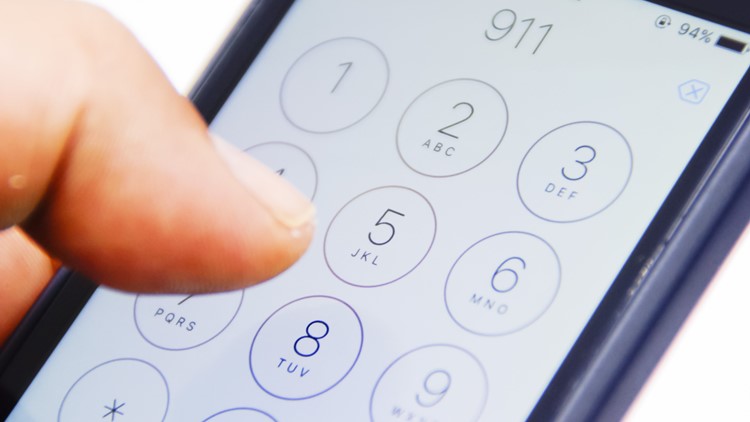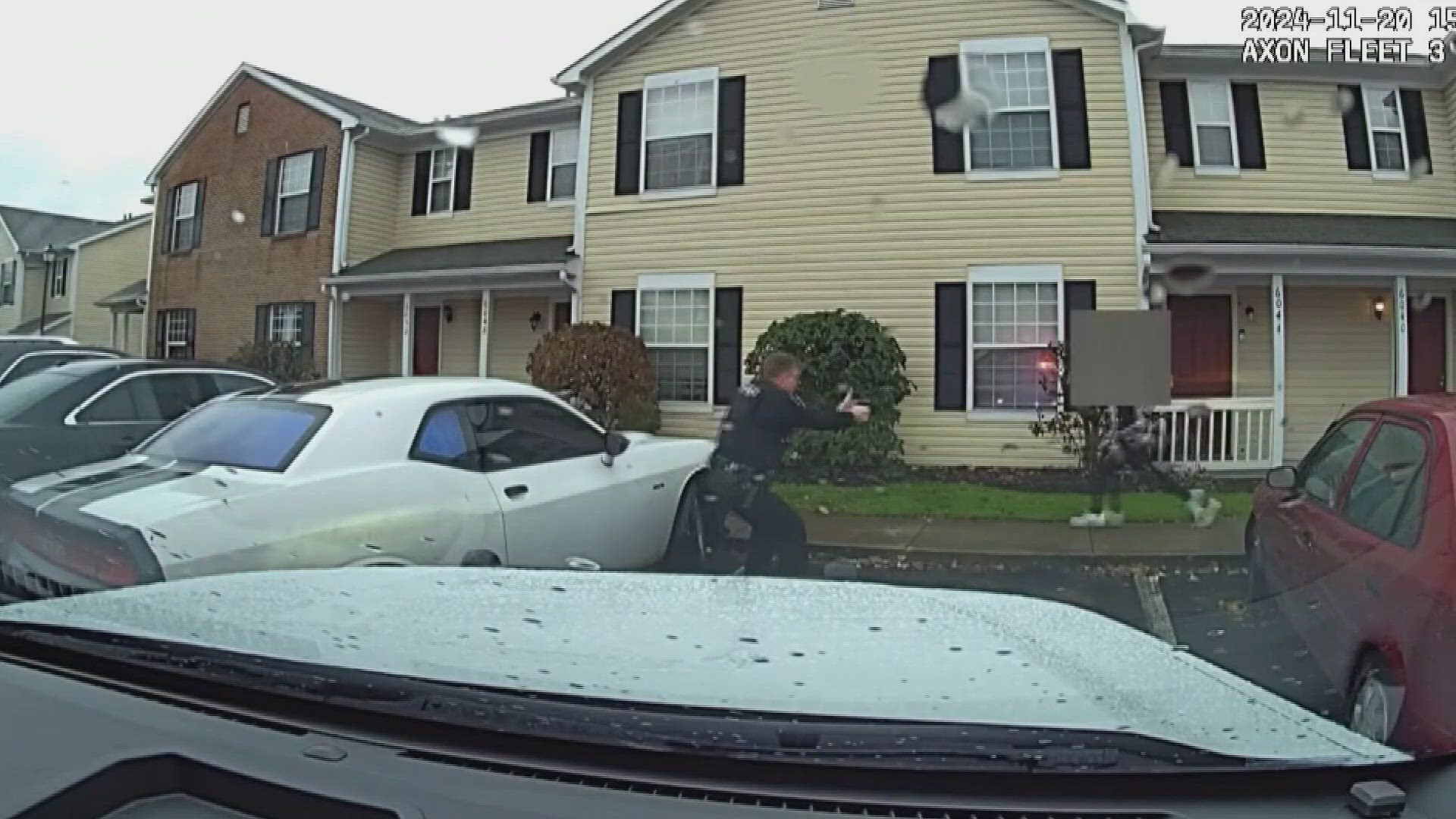A pilot program in Columbus will test alternative responses to 911 callers suffering from mental health crises and addiction issues, Mayor Andrew Ginther announced Friday.
The four to six-week experiment will group a paramedic, public health clinician and dispatcher together to review the best response to non-emergency 911 calls, with such calls routed to the team as they come in.
The goal is a thoughtful and focused response to non-emergency situations, Ginther said.
“Far too often, and for too long, we’ve asked our police officers to be social workers, medics, and health workers,” Ginther said. “Instead, their focus should be on addressing and preventing violent crime in our neighborhoods. Asking our officers to be all things to all people hasn’t served them or our community well.”
Half of all 911 calls currently come from people with needs that don't require police or emergency medical responder, said Erika Clark Jones, CEO of Franklin County's mental health and addiction services board.
The pilot will also explore how alternative responses will dovetail with the upcoming “988” number for people to call to reach a suicide hotline. The Federal Communications Commission approved the number last summer.



